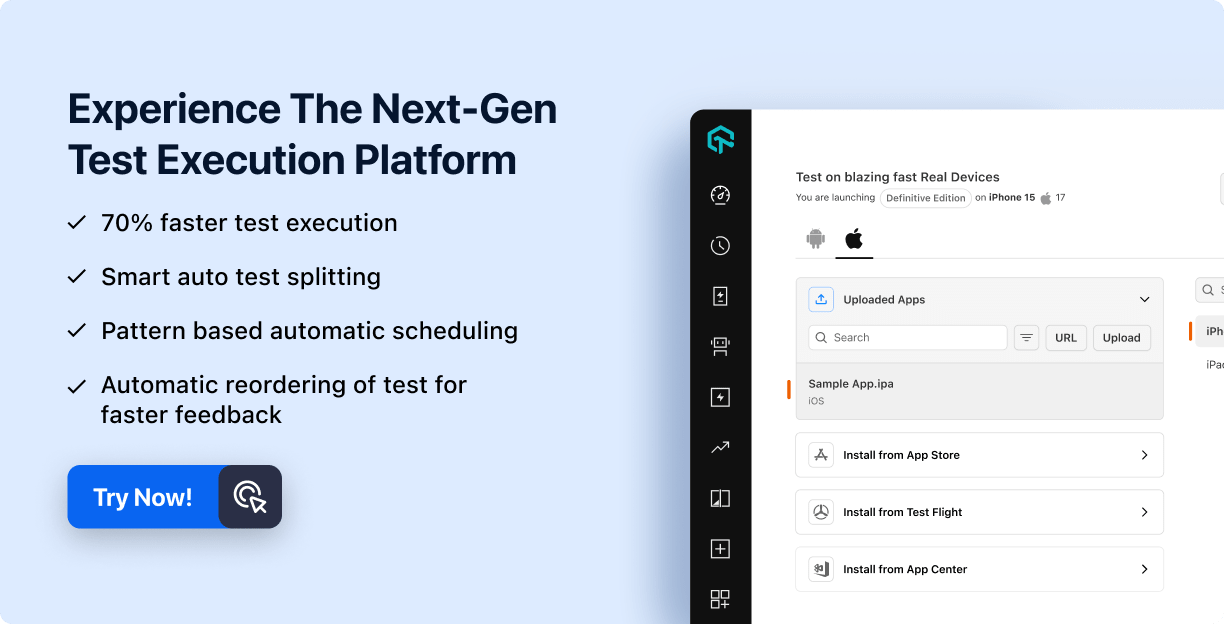Digital transformation – part 3 – My view
Dileep Marway
Posted On: December 27, 2022
![]() 15206 Views
15206 Views
![]() 6 Min Read
6 Min Read

Recap:
What is digital transformation?
Digital transformation is using technology to create new or modify existing business processes, culture and customer experience to meet changing business and market requirements.
It can be summarized as the reimaging of business in the digital age.
Why should companies consider digital transformation?
Personally, I have seen the power of digital transformation and it really sets you up for working in an agile, cross-collaborative way that pushes a company towards the journey of growth.
It also allows value add to every customer interaction and can give a better customer experience. In most cases, companies push towards digital transformation as it helps to stand out against competitors.
The big add for me is the fact that data collected via digital transformation means that companies can make more informed decisions, and at the same time they can understand more about their customers. One brand that comes to mind is Tesco and their use of the Clubcard – this allowed them to recommend offers to customers based on what they buy generally and it enticed customers to come back when they had previously left for competitors.
My view
Digital transformations work where leaders want to go back to the fundamentals, they focus on changing the mindset of its members as well as the culture and processes before they decide what digital tools to use and how to use them.
When in an enterprise environment I found that it was essential to retrain employees around digital, cloud, CI/CD, devops and other modern technology.
Whether in an enterprise or a startup environment I found that DevOps was a big tool in the digital transformation toolbox. Devops leaders galvanize software development, by merging development with operations, enabling companies to continuously iterate software to speed up delivery.
Devops was key to our digital transformation in a start-up environment and I have seen exactly the same in an enterprise setting.
I have recently also seen the value of data scientists and data architects. The key reason is that companies seek to glean insights out of vast data, and transformations lean increasingly on machine learning and artificial intelligence (AI).
Digital transformations generally succeed where they are led from the top and are accepted bottom up. In our startup setting, I found that when the whole team is invested it means that there is more chance of success. What was great was that we had a clear vision to add/improve our digital products, and this went a large way in attracting new talent. With the right culture and mindset, we found that the innovation just kept growing.
It was important to reflect weekly, this allowed us to change our path and thus focus on another change to add more value. For example if we focused on the mobile app and adding new options, if users found a defect which halted them reading articles we would shift our priorities.
The key tip I would give leaders is to really focus on the cultural aspects, with the right culture it will mean that you have a higher chance of success. What was important was that the team feel valued, respected, listened to, and are in the best environment to do their best work. I liken this to a plant where if it is in the right environment, with the right soil and right nourishment, it will surely flourish.
Applying this to Quality Assurance
Digital transformation in a startup and enterprise environment can be different.
For instance, when I worked in a startup it was pushing more towards agile processes and what was key was that we really accelerated on automation, also ensuring that engineering and QA understood the automation and they could run it together. The automation framework selection was a group decision rather than just QA, this led to group acceptance and it pushed us to digitally transform as a team in an agile environment.
In contrast, in an enterprise environment, it was key that the assurance aspect was first, that there was buy-in for stakeholders first to prove that we knew what we were testing, whether it was prioritized with product and we were ensuring that we had no escaped defects first. Once the basics were in place they wanted to see a clear framework selection, with a proof of concept and key success criteria for the selection of the framework.
In a startup, I would say there was more appetite for experimentation and if one framework failed it was fine to try something else, though with data we could make this decision quickly.
In an enterprise environment, there was less appetite for risk and it meant that the framework selection had to be well thought out as the impact of getting this wrong was more wide facing.
Why can digital transformations fail?
Some of the key reasons why I have seen failure are due to:
- Resistance – where the team is not invested in the change. The team must be taken on a journey to ensure they are committed, and this ensures more chance of success.
- Ensure there are change leaders – it is essential that there are vocal supporters of your digital transformation.
- There is a lack of a review process. We must review where we are and whether we are on the right path to success andif we are not on the right path then make a change.
Learn how LambdaTest’s Unified Testing Cloud can help you achieve seamless digital transformation through efficient and reliable testing.
Closing
Thanks for sticking with me on this digital transformation journey. Digital transformation is never easy and it is difficult to put a time frame on this.
What is most important is that there are checkpoints and measures in place so that you have a greater chance of success!
Got Questions? Drop them on LambdaTest Community. Visit now















